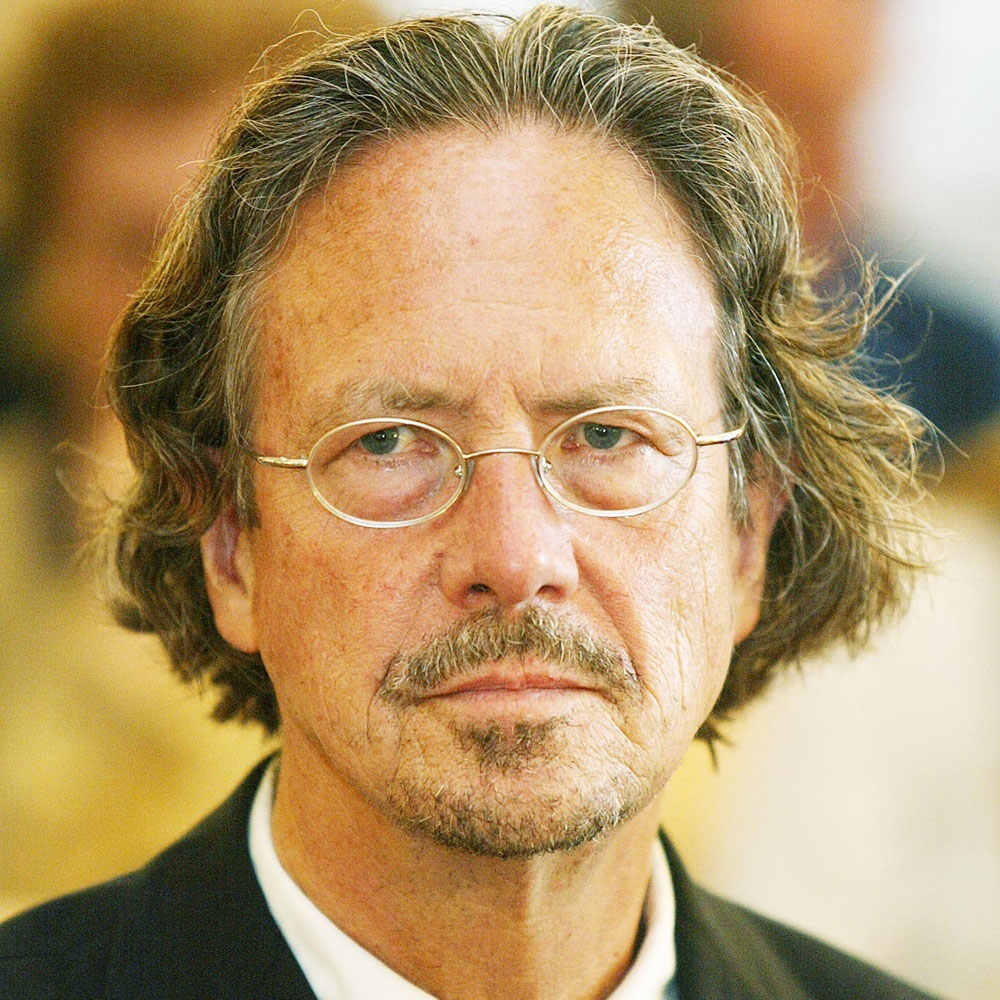
December 6, 2019; Guardian
No one is above scrutiny. That’s the message of this year, as nonprofit boards, endowed institutions, and other entities with complex entanglements face the ire of stakeholders who wish to see a closer alignment between values and practice. This week, it was the Nobel Prize committee’s turn to face the music.
The committee chose to honor Austrian author Peter Handke with the Nobel Prize in Literature “for an influential work that with linguistic ingenuity has explored the periphery and the specificity of human experience.” Protest rose up because Handke is widely seen to be a denier of the massacre of Muslims at Srebrenica during the Balkan Wars in the 1990s, and an apologist for war criminal Slobodan Milošević.
As Norwegian-American author John Erik Riley observed, Handke’s travel writings about the former Yugoslavian republics are not his major works. However, they strike many people as grossly insensitive to the history of the places he describes.
Riley writes,
The most complex forms of denial are far less blatant…On the surface, they do not resemble denial at all, but are more like a perpetuum mobile of incredulity, of doubt feeding on itself. The author may pose questions under the guise of being inquisitive, even when the questions have been answered and the answers are indisputable. Uncertainty and hesitation are transformed into semantic devices. (“I am merely asking questions! What do you have against questions?”)
It might look like a benign exercise, says Riley, but “nothing is benign in Bosnia.” And not only did Handke write over the horrors of Balkan history, but he chose to speak at the funeral of former president Milošević in 2006. Milošević, an ardent Serbian nationalist, died in his prison cell at The Hague while awaiting trial for war crimes.
Sign up for our free newsletters
Subscribe to NPQ's newsletters to have our top stories delivered directly to your inbox.
By signing up, you agree to our privacy policy and terms of use, and to receive messages from NPQ and our partners.
The Nobel Committee has tried desperately to remain above the fray, saying, “Handke has been understood in different ways. The Nobel prize goes to an achievement…[we] celebrate his extraordinary literary work, not the person.”
Handke, meanwhile, did not maintain similar decorum; this is his second controversy in recent years. (He was awarded the Henrik Ibsen prize in 2014 and faced similar protest.) When asked by journalist Peter Maass if he would acknowledge the Srebrenica massacre, he replied, “I prefer toilet paper, an anonymous letter with toilet paper inside, to your empty and ignorant questions.”
The Nobel Prize Committee was having a difficult moment even before the Handke uproar. In 2018, they were thrown into chaos by a sexual assault case and other scandals involving a member’s husband. Committee memberships are for life, so when several members attempted to resign in protest, there were no regulations about how to replace them; instead, members announced, “The Academy needs time to regain its full complement, engage a larger number of active members and regain confidence in its work, before the next Literature Prize winner is declared.” No award was given that year. Instead, the Swedish Academy established an outside panel to help the prize become “less Eurocentric and controversy-prone.” (Given that commitment, the choice of Handke does seem odd.)
But even though last year’s winner, Olga Tokarczuk, was finally given her award on Tuesday, things have not calmed down. Two members of that outside panel left during the first week of December. Gun-Britt Sundström attributed her departure to Handke’s award, and Kristoffer Leandoer said that necessary change had not come fast enough, and “one year is far too long in my life and far too short in the life of the Academy.”
The public protests this year seem to overlook the committee’s governance mishaps, focusing on their choice of honoree. A petition against Handke’s award garnered nearly 60,000 signatures. The ambassadors of Albania, Bosnia, Croatia, Kosovo, and Turkey all boycotted the ceremony. Both Stockholm and Sarajevo saw demonstrators in the streets. And on Twitter, the journalists who covered the Balkan wars two decades ago joined together under the hashtag #BosniaWarJournalists to testify to what they saw. Legendary war correspondent Christiane Amanpour wrote, “I was there. We all know who’s guilty.”
This year at Nonprofit Quarterly, we have seen how art can move public action in significant ways, so it is hard to argue that Handke’s writing can be separated from its context. Whether the Nobel Prize should consider that context when rewarding artistic merit is a question for its governing body, and one they did not seem equipped to handle this year.
As Alison Flood of the Guardian noted, 2018 winner Olga Tokarczuk used her winnings—nearly $1 million—“to fund a foundation to support the work of writers and translators which will help ‘describe the reality in which xenophobic and nationalist sentiments are growing dangerously quickly.’”—Erin Rubin











